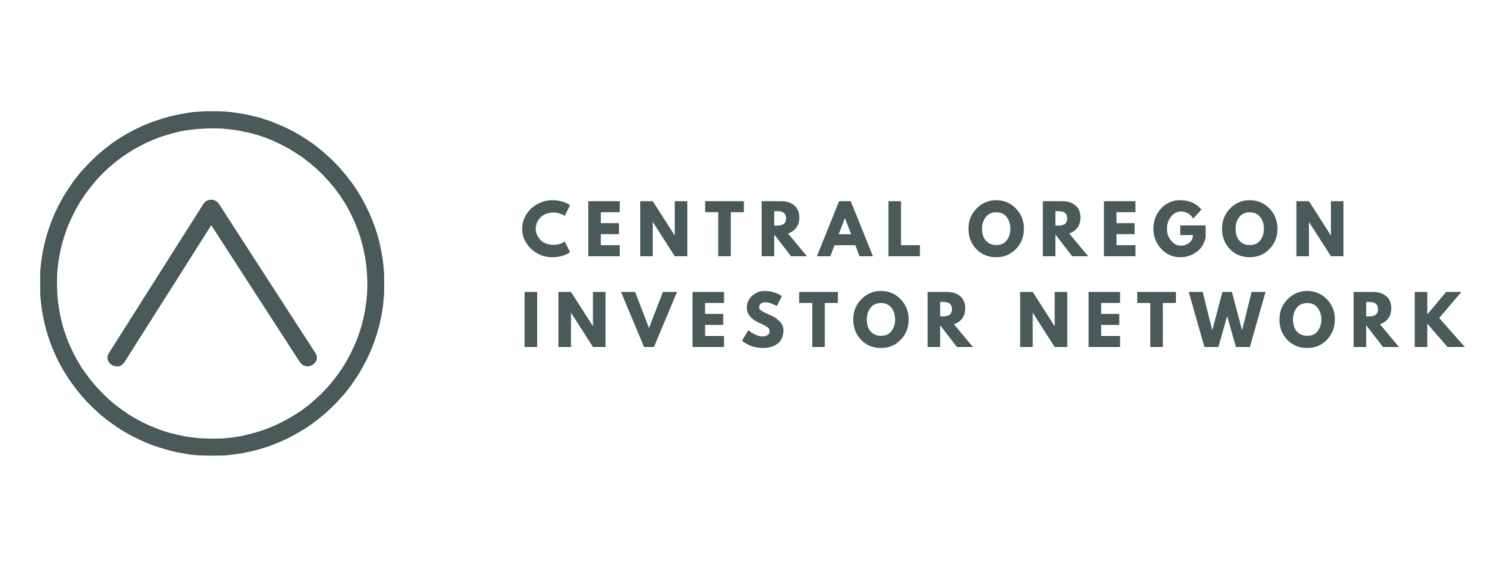All About Insurance for Your Rental Properties
Owning rental properties can be a rewarding investment, but it's essential to protect your assets and income. One of the most crucial aspects of safeguarding your rental business is having the right insurance coverage. In this blog post, we'll explore all the ins and outs of insurance for your rental properties, offering friendly advice to help you navigate this important aspect of property management.
Understanding Rental Property Insurance
Rental property insurance, often referred to as landlord insurance or dwelling insurance, is a specific type of coverage designed to protect property owners from various risks associated with renting out homes or apartments. Let's dive into the key components of rental property insurance.
1. Dwelling Coverage
At the core of your landlord insurance is dwelling coverage. This protects the physical structure of your rental property, including walls, floors, roofs, and built-in appliances, from perils like fire, storms, and vandalism. It's essential to have adequate dwelling coverage to ensure your property can be repaired or rebuilt in the event of damage.
2. Liability Coverage
Liability coverage is another critical component of landlord insurance. It protects you from legal and financial liabilities if a tenant or visitor is injured on your rental property and holds you responsible. This coverage can help cover legal fees, medical expenses, and potential settlements.
3. Loss of Rental Income
What happens if your rental property becomes uninhabitable due to a covered event like a fire or flood? Loss of rental income coverage can be a lifesaver. It helps compensate you for the lost rental income during the time your property is being repaired.
4. Personal Property Coverage
While landlord insurance primarily focuses on the structure itself, it's crucial to remember that your tenants' personal belongings are not covered. Encourage your tenants to obtain their renters' insurance for their possessions, but consider personal property coverage as an option to protect any items you provide in a furnished rental.
5. Short Term Rental Property Specific Endorsements
This is an add-on you for standard homeowners insurance policy. When you have multiple, different people staying in your home throughout the year, this endorsement offers personal property and liability coverage that standard policies don’t cover.
Keep in mind, standard home insurance does not cover business activities, which renting even just a room in your home is considered to be.
Most insurance companies consider anything rented for less than two months to be short term.
6. Additional Coverage Options
Depending on your property's location and specific risks, you may want to consider additional coverage options, such as flood insurance, earthquake insurance, or umbrella policies for added protection. Consult with your insurance agent to determine which additional coverages are suitable for your rental property.
Tips for Finding the Right Rental Property Insurance
Now that you have a better understanding of rental property insurance, let's explore some friendly tips for finding the right coverage.
1. Shop Around: Don't settle for the first insurance quote you receive. Shop around and compare policies from different providers to find the best coverage at a competitive price.
2. Work with a Specialist: Seek out insurance providers who specialize in landlord or rental property insurance. They will have a better understanding of your unique needs and can tailor a policy accordingly.
3. Assess Your Risks: Consider the specific risks associated with your rental property, such as its location and condition, to determine the appropriate coverage levels and additional policies you may need.
4. Bundle Policies: If you have multiple rental properties, bundling them under a single insurance provider can often lead to discounts and streamlined management.
5. Review and Update: Periodically review your rental property insurance policy to ensure it remains adequate for your evolving needs. Update coverage as necessary when acquiring new properties or making significant changes to existing ones.
Insurance for your rental properties is not just a financial safeguard; it's a crucial element of responsible property management. By understanding the components of rental property insurance and following these friendly tips, you can make informed decisions to protect your investments and rental income. Here's to a worry-free and successful journey as a landlord!
